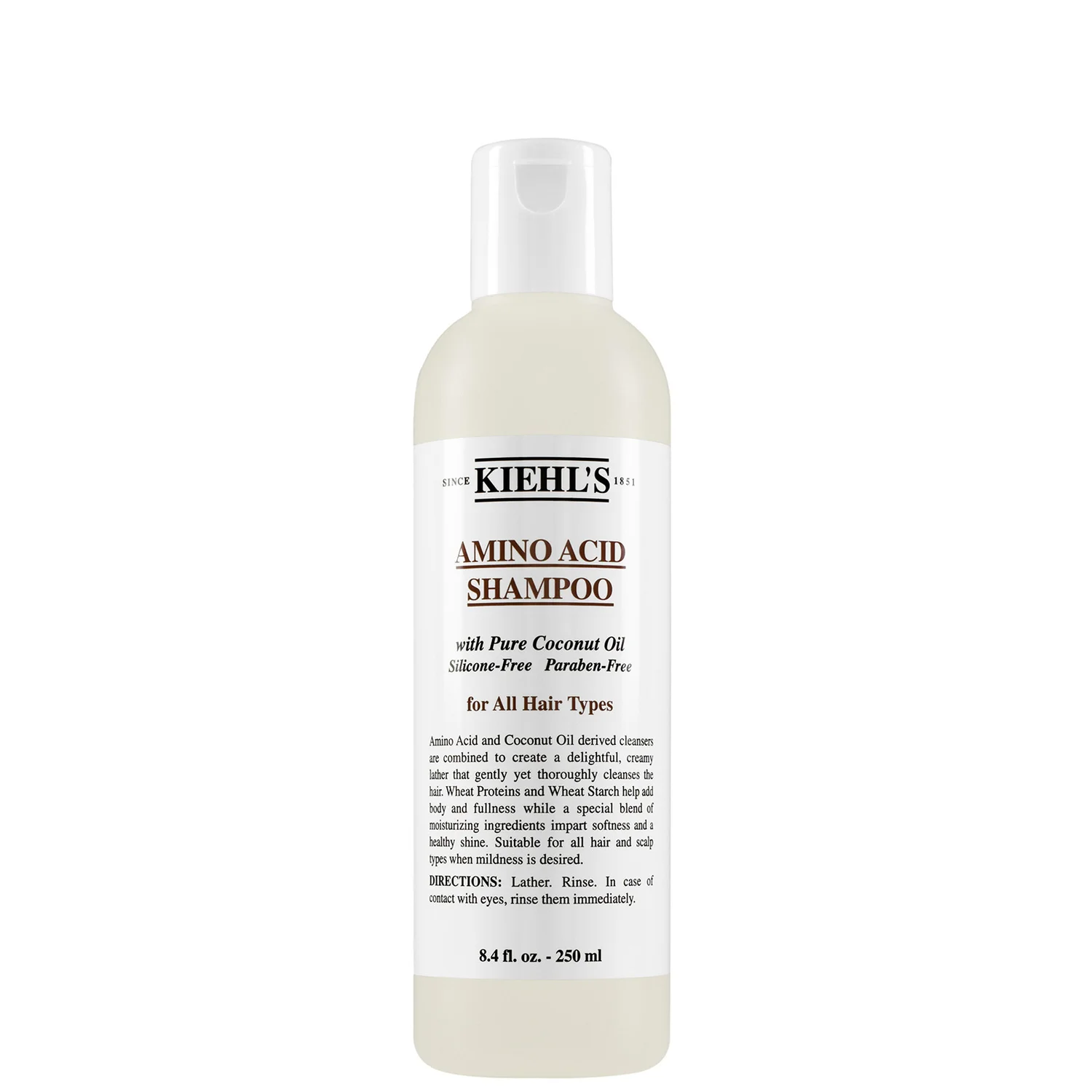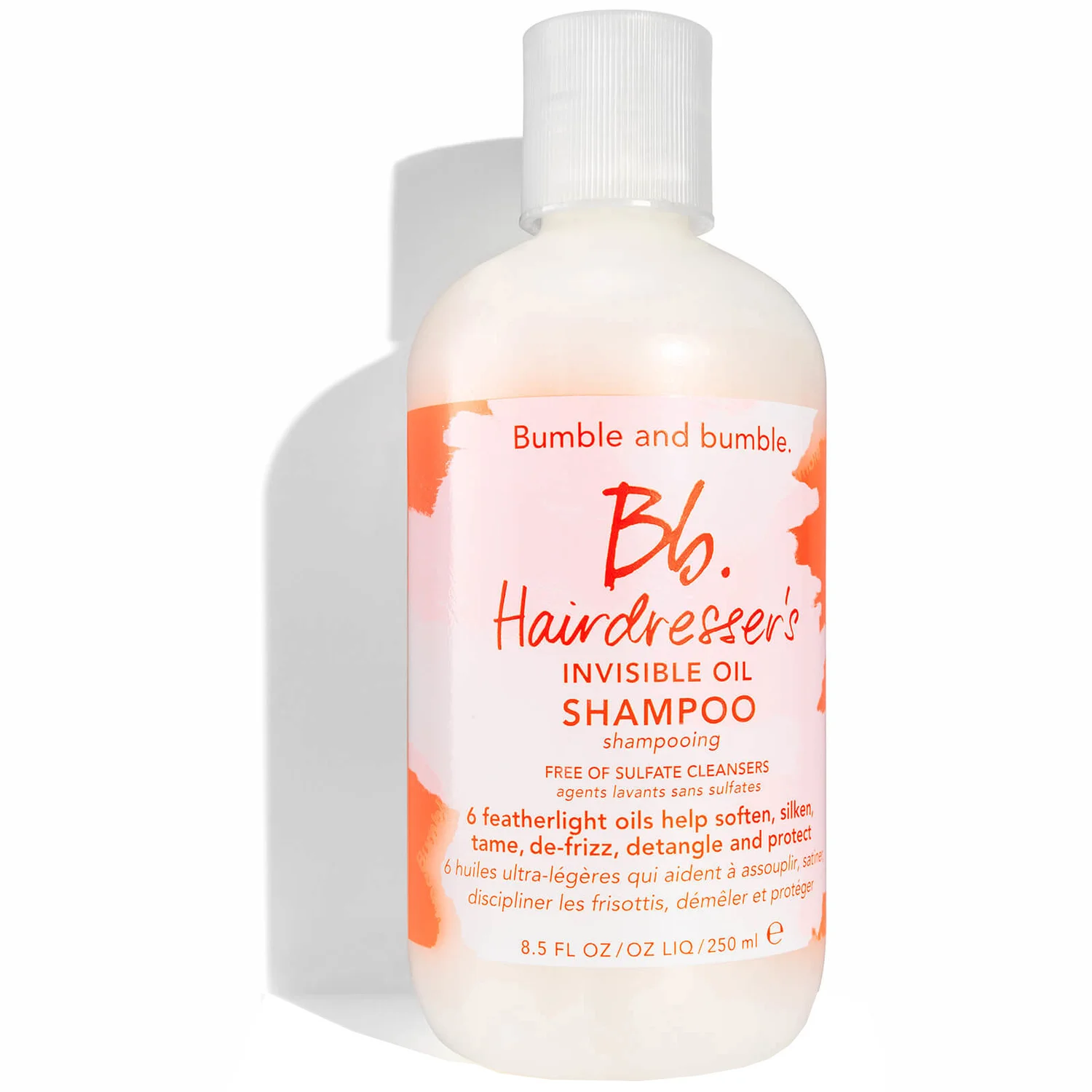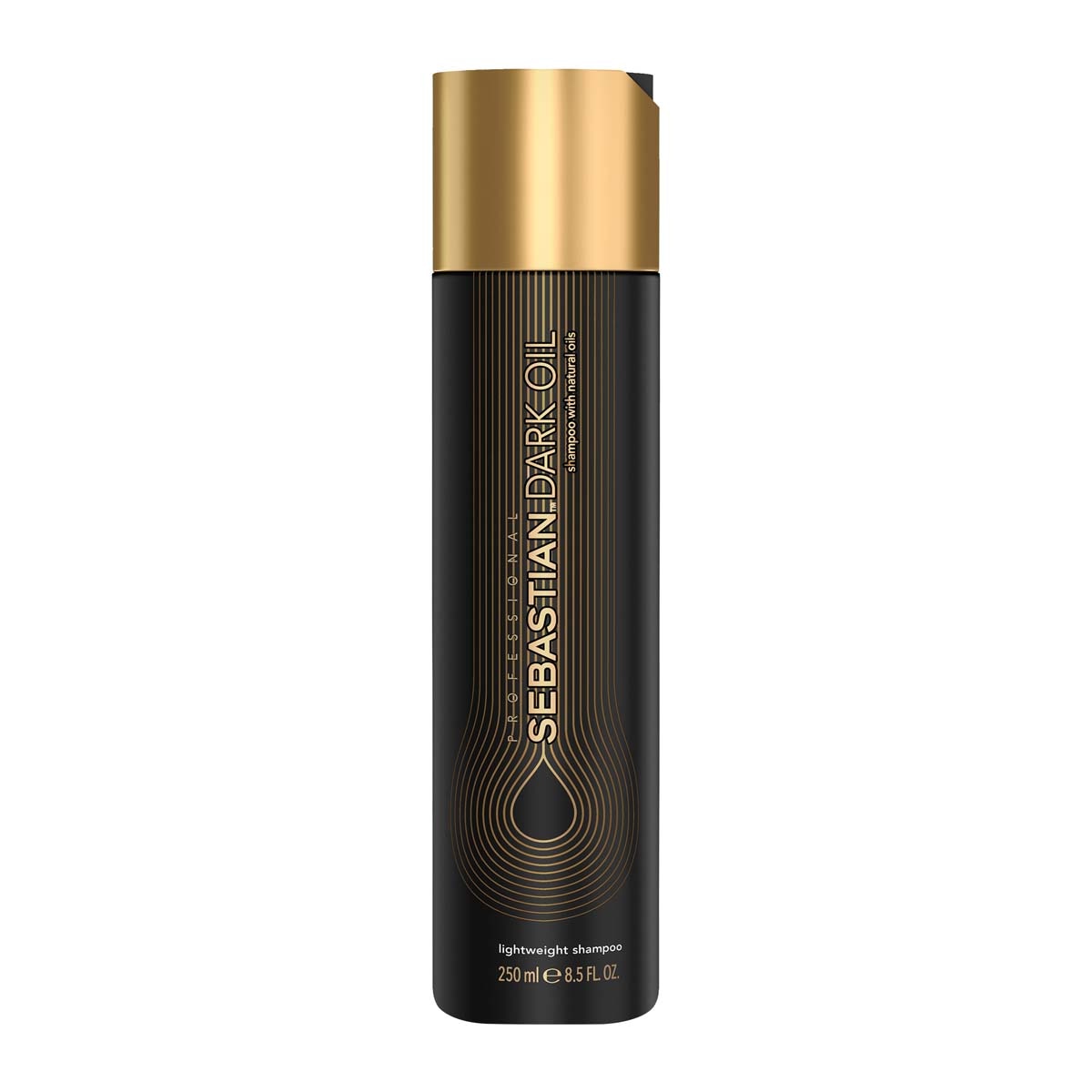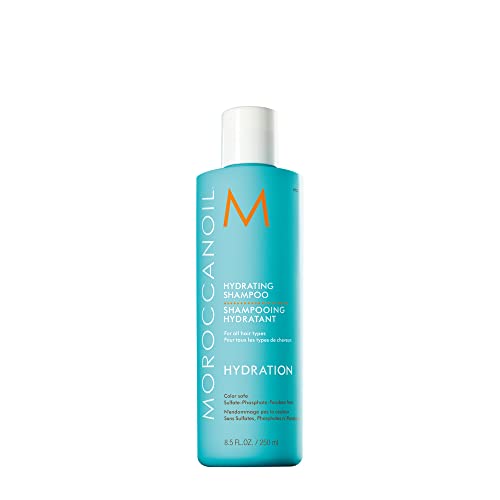News alert: your scalp has a moisture barrier—here’s how one simple shampoo swap can transform dry, colour-damaged hair
No, I didn't know it did either...
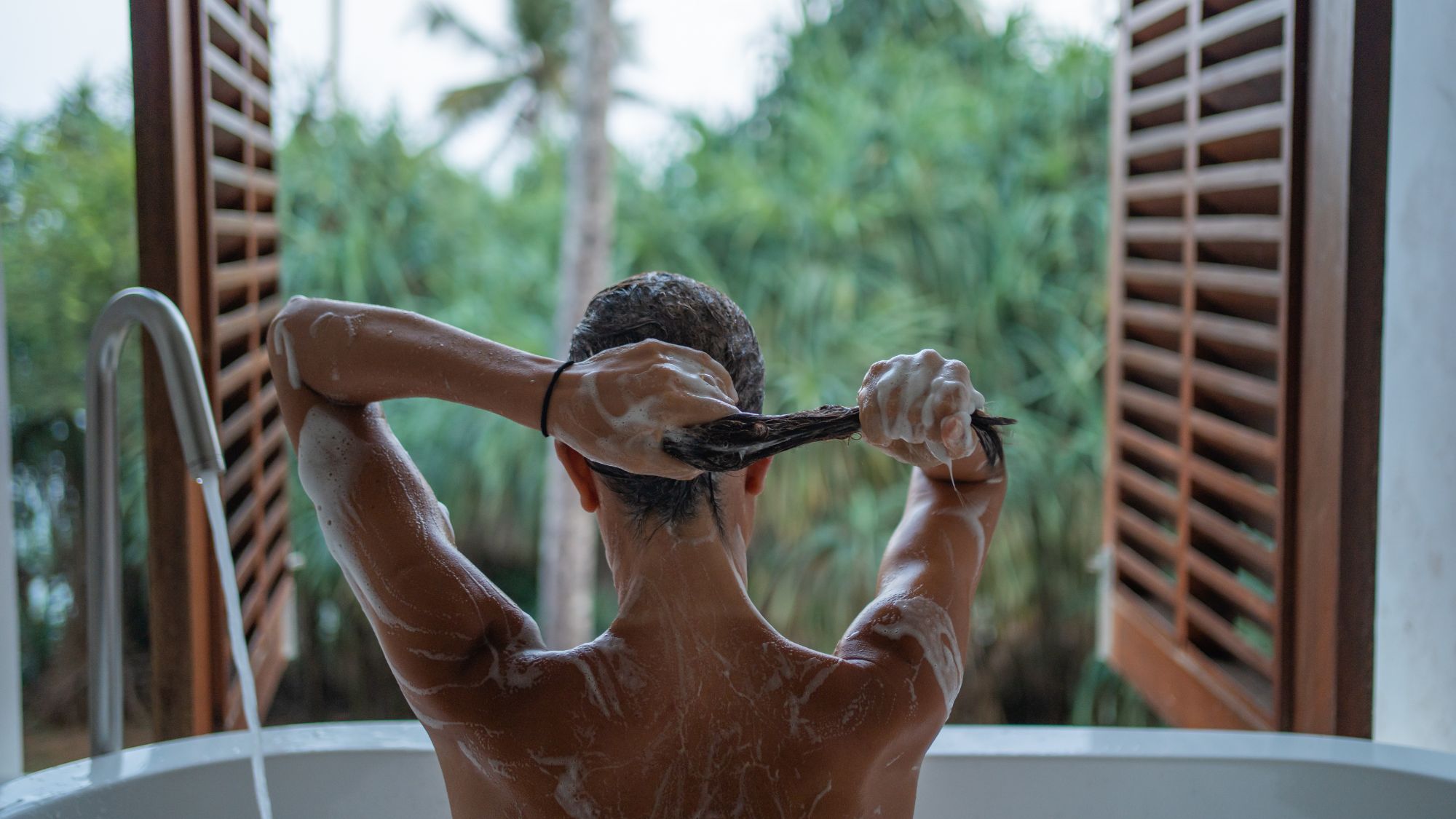

I say it every time, but this year, I want to take better care of my hair. From skipping heat protectant to forgoing leave-in treatments, I get into a good routine for a few weeks, before inevitably dropping off.
Now, I have super dry, wavy hair that is always in need of some TLC — and that was before I started colouring it; what began as covering my greys quickly morphed into getting an all-over cherry-red gloss. While my hairstylist, Gustav Fouche, is excellent and does what he can to minimise damage, I have noticed that it is a little drier than before. That’s why my interest was piqued when I saw that oil-based shampoos were trending. Promising to clean your hair gently, while re-infusing it with moisture, they seemed like a one-way ticket to the long, lustrous hair that always felt out of reach.
What are oil-based shampoos?
Oil-based shampoo may sound counterintuitive—we want to clean our hair of excess oil, rather than re-introduce it. But it’s important to understand that these products still cleanse while delivering more moisture than your traditional shampoo. “It’s simply a hair-cleansing product formulated with nourishing oils, such as argan, coconut and jojoba oil as key ingredients,” explains dermatologist and scalp expert, James Kilgour.
“Unlike traditional shampoos that primarily rely on surfactants [which are the molecular compounds that act as cleansing agents ], oil-based products cleanse the hair and scalp while maintaining moisture balance,” he adds. “They work by gently dissolving excess sebum and impurities without stripping the scalp of its natural oils, making them particularly suitable for individuals with dry or frizzy hair who need added hydration and nourishment.”
What are the benefits of using oil-based shampoo?
In short, oil-based shampoos deeply hydrate, improve hair texture and reduce frizz. This is because they help protect the scalp’s natural moisture barrier by providing a gentler cleansing experience, with fewer harsh chemicals as opposed to traditional shampoos. And you see results quickly: “With consistent use, they can contribute to healthier scalp conditions and softer, more manageable hair,” says Kilgour. “Most users will notice some improvement in hydration and frizz reduction after just a few washes, but more significant changes in hair texture, strength, and overall scalp health may take around two to four weeks.”
You should also look into oil-based shampoos if you have a sensitive scalp, which is prone to irritation. Because they are free from harsh surfactants and detergents, they can soothe the delicate skin here. And what’s more: “Those experiencing scalp flakiness due to dryness can also benefit from their gentle cleansing and hydrating properties,” Kilgour adds.
That being said, he recommends that those with sensitive scalps should look for non-fragrant oils, like jojoba, as fragrant essential oils can be irritating.
Are oil-based shampoos good for coloured hair?
Oil-based shampoos are also a fantastic choice for colour-treated hair, as they help retain moisture thanks to their gentle nature. And, again, because they’re not formulated with those pesky surfactants, they maintain and protect vibrancy.
How do you use oil-based shampoos?
You will need to adopt a slightly different approach when using oil-based shampoos. As they do not contain surfactants, they don’t lather like traditional shampoos, which may feel unfamiliar.
So, it’s important to massage the product thoroughly into the scalp and through the length of your hair. “Some people find it helpful to apply the shampoo to dry hair first to help break down oils before rinsing with water,” continues Kilgour. “Additionally, rinsing could take longer to remove any residual product and achieve a clean finish without leaving the hair feeling heavy or weighed down."
It's also important to track how often you use these products, based on your personal needs. If you have dry or curly hair, Kilgour recommends using oil-based shampoos two to three times a week to maintain moisture balance without overburdening the hair. It's worth alternating your oil-based shampoo with a clarifying or volumising one to prevent buildup and promote balance.
What is the best shampoo for oily hair?
As you’ve probably guessed, if you have oily hair, you may want to steer clear of oil-based shampoos, and instead opt for a clarifying one or one targeted at greasy hair. This is because the excess oils in these kinds of shampoos can weigh down the hair and make it look greasy.
Additionally, those who are prone to scalp buildup or conditions like seborrheic dermatitis may find that oil-based shampoos trigger these issues. And if you tend to use a lot of heavy styling products, such as pomades and waxes, oil-based shampoos might not cut it when it comes to cleansing.
Best oil-based shampoos
Marie Claire Newsletter
Celebrity news, beauty, fashion advice, and fascinating features, delivered straight to your inbox!

Nessa Humayun is the Junior Beauty Editor at Marie Claire UK. With over eight years of editorial experience across lifestyle sectors, Nessa was previously the Editorial Lead of HUNGER Magazine, and has bylines in British Vogue, Dazed, and Cosmopolitan. A self-confessed human guinea pig, Nessa covers everything from product must-haves to long-reads about the industry writ large. Her beauty ethos is all about using products that work hard, so you don't have to.
-
 Penn Badgley and Blake Lively kept their breakup a secret from the Gossip Girl cast and crew - here's what we know about their former relationship
Penn Badgley and Blake Lively kept their breakup a secret from the Gossip Girl cast and crew - here's what we know about their former relationshipBy Jenny Proudfoot
-
 This iconic rose perfume is a compliment magnet—it makes me feel ‘put together’ after just one spritz
This iconic rose perfume is a compliment magnet—it makes me feel ‘put together’ after just one spritzGrown-up and elegant, yet not at all dated.
By Denise Primbet
-
 Spring has finally sprung - 6 best outdoor workouts that are totally free and boost both body and mind
Spring has finally sprung - 6 best outdoor workouts that are totally free and boost both body and mindSoak in the nature and boost Vitamin D *and* endorphins.
By Anna Bartter
-
 I've tried a lot of beauty tech in my time, and these are by far the best skincare devices for treating acne
I've tried a lot of beauty tech in my time, and these are by far the best skincare devices for treating acneBreakouts be gone
By Amelia Yeomans
-
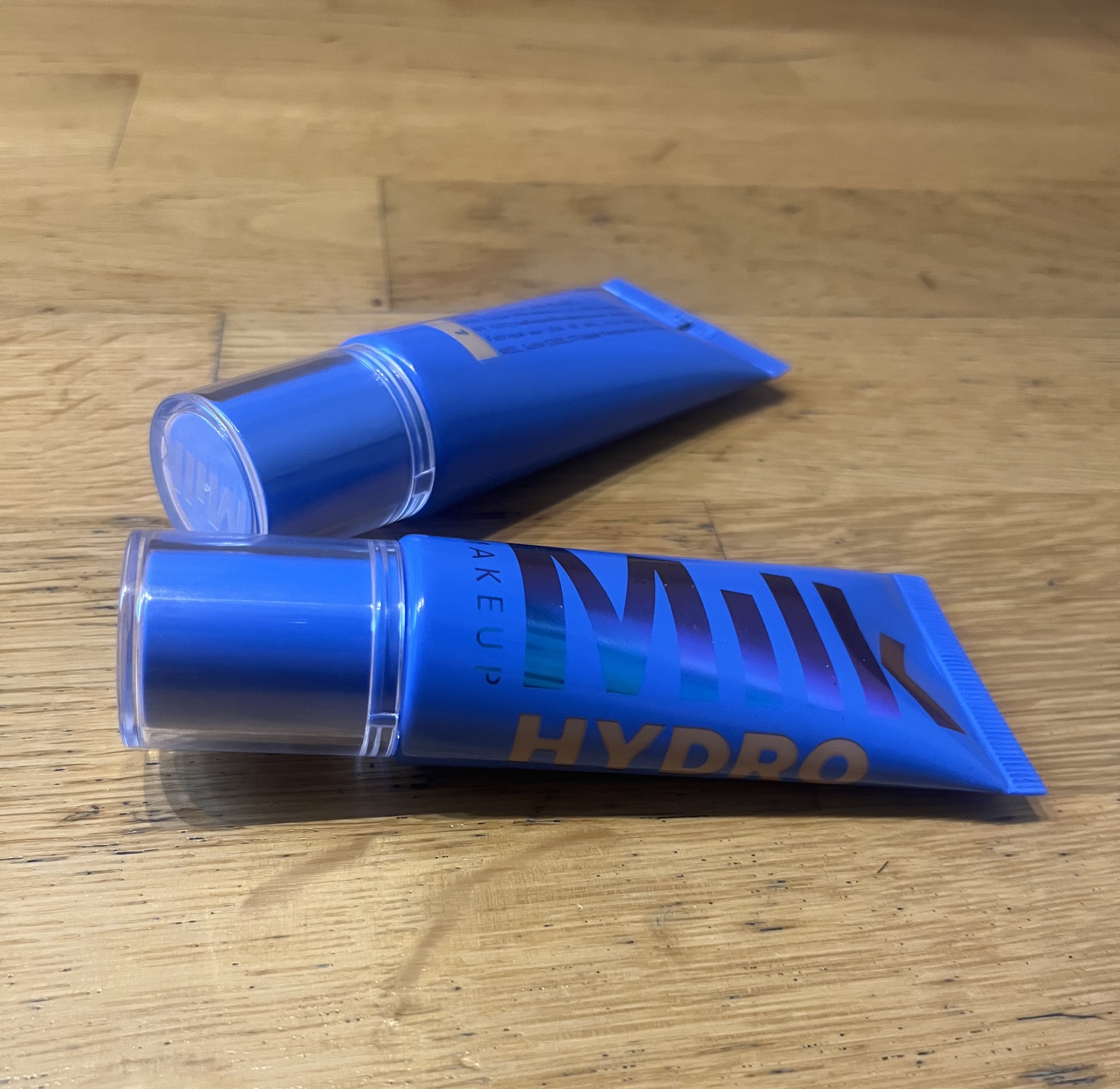 I broke my three-year no-foundation streak for this ‘gel tint’—it has the most unique, long-lasting formula
I broke my three-year no-foundation streak for this ‘gel tint’—it has the most unique, long-lasting formulaIt's now a make-up bag staple
By Nessa Humayun
-
 After years of gel manicures, my nails are dry, brittle and flaky—here’s what top techs advise for a total reset
After years of gel manicures, my nails are dry, brittle and flaky—here’s what top techs advise for a total resetA saviour after too many trips to the salon...
By Rebecca Fearn
-
 Sick of your skin looking dull? I wholeheartedly recommend these tanning face drops for an unrivalled glow
Sick of your skin looking dull? I wholeheartedly recommend these tanning face drops for an unrivalled glowHonestly, they revive me
By Rebecca Fearn
-
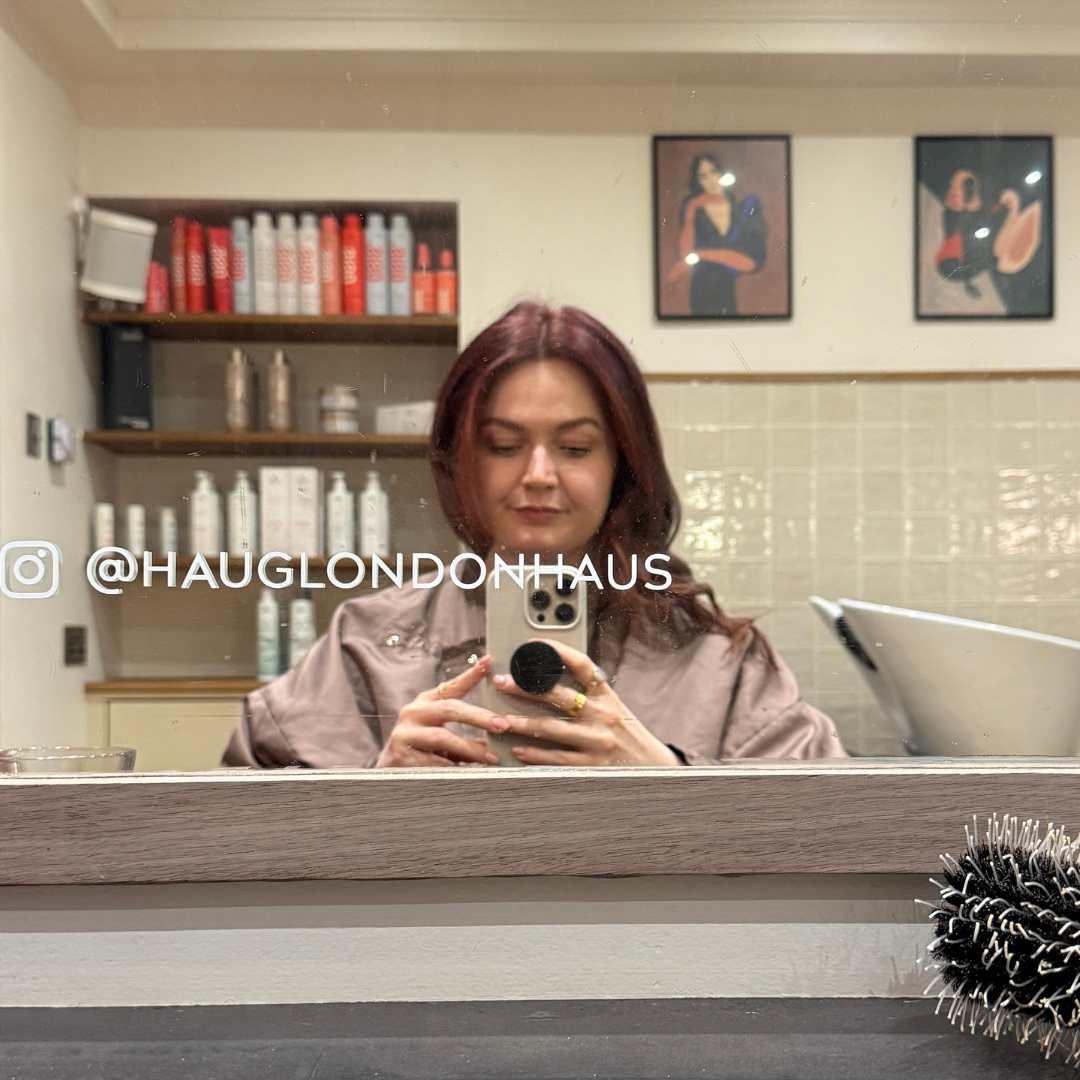 I test heat tools for a living, so I got a hair X-ray to assess the damage—safe to say, I was surprised by the results
I test heat tools for a living, so I got a hair X-ray to assess the damage—safe to say, I was surprised by the resultsI've learnt what really works...
By Lucy Abbersteen
-
 These top hair experts just revealed their 9 favourite hair colours for over-50s—they are the epitome of chic
These top hair experts just revealed their 9 favourite hair colours for over-50s—they are the epitome of chicThink rich coppers, creamy blondes and mocha mousse
By Rebecca Fearn
-
 It's my job to track emerging new hairstyles—I predict that the 'pullet' is Spring's biggest trend
It's my job to track emerging new hairstyles—I predict that the 'pullet' is Spring's biggest trendIt's giving 00's throwback
By Nessa Humayun
-
 I was sceptical about LED eye patches—consider me converted as they make me look *so* well-rested
I was sceptical about LED eye patches—consider me converted as they make me look *so* well-restedThey've also helped my perioral dermatitis
By Tori Crowther
